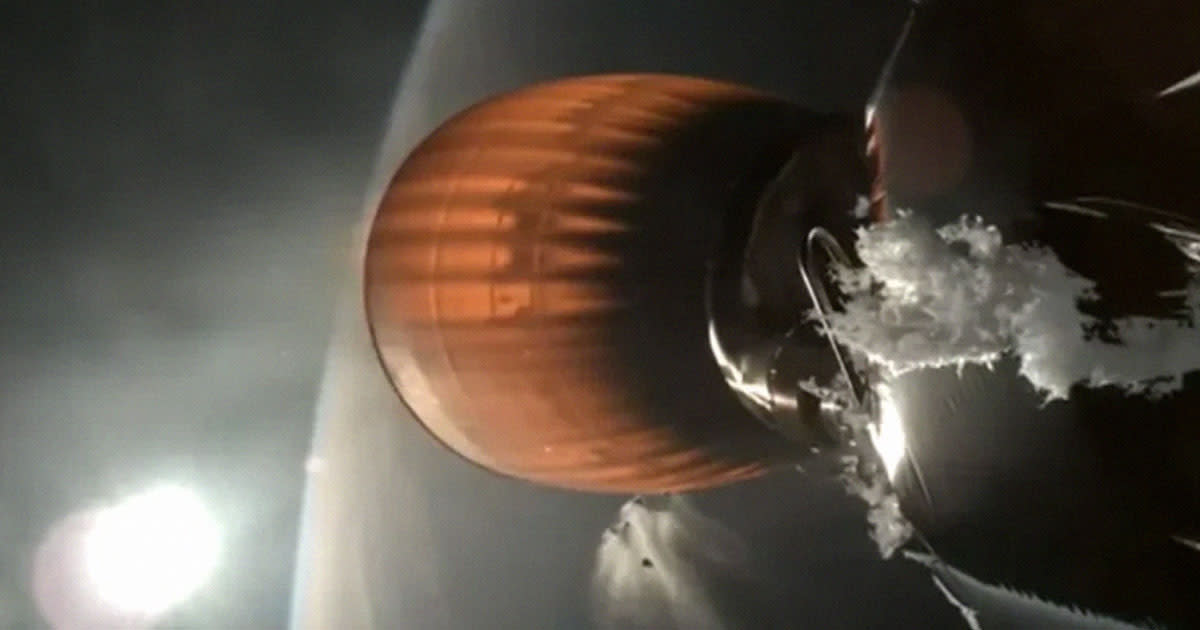All SpaceX's Falcon 9 Rockets Grounded After One of Them Explodes

Ground to a Halt
The entire fleet of SpaceX's workhorse Falcon 9 rockets has been officially grounded by the Federal Aviation Administration, pending an investigation into an upper stage icing over and experiencing a catastrophic failure last week.
It's the end to an incredible run: prior to Thursday's explosion, SpaceX had successfully launched an astonishing 344 Falon 9 rockets in a row without incident. The last mishap dates back to June 2015, which resulted in the loss of a Dragon cargo capsule on its way to the International Space Station.
For Falcon 9 to fly again, the FAA noted in a statement that it would first have to complete a "joint failure investigation."
"A return to flight is based on the FAA determining that any system, process or procedure related to the mishap does not affect public safety," the FAA wrote in a statement. "In addition, SpaceX may need to request and receive approval from the FAA to modify its license that incorporates any corrective actions and meet all other licensing requirements."
Rocket SNAFU
Where that leaves SpaceX's planned launches in the upcoming weeks remains to be seen. Most notably, billionaire astronaut Jared Isaacman was hoping to complete the first-ever private spacewalk outside of a Crew Dragon spacecraft. The mission, dubbed Polaris Dawn, is still tentatively scheduled for July 31, but given the latest news, we should expect delays.
However, Isaacman isn't dismayed by the FAA's ongoing investigation.
"SpaceX has an incredible track record with Falcon 9," he tweeted. "I can say from personal experience they are very transparent when issues arise. I have no doubt they will arrive at a cause quickly and ensure the most cost-effective and reliable launch vehicle keeps delivering payload to orbit."
"As for Polaris Dawn, we will fly whenever SpaceX is ready and with complete confidence in the rocket, spaceship and operations," he added.
Beyond Polaris Dawn, NASA may struggle to send astronauts to the ISS. The next crew headed to the station on board a Crew Dragon is scheduled to take off on August 19.
It's still unclear what exactly went wrong last week. SpaceX was planning to launch a set of Starlink internet satellites, a routine procedure for the space company, which has launched well over 6,000 satellites to date across well over 100 launches in the last five years.
Footage showed the rocket's upper stage accumulating an unusual amount of ice before experiencing what SpaceX CEO Elon Musk later referred to as an "unscheduled rapid disassembly," a tongue-in-cheek expression for a rocket exploding mid-flight.
The satellites, which were released by the rocket, didn't make it into orbit and will "re-enter Earth's atmosphere and fully demise," according to a SpaceX update. "They do not pose a threat to other satellites in orbit or to public safety."
More on the launch: SpaceX Rocket Suffers Catastrophic Failure, Explodes While Deploying Satellites

